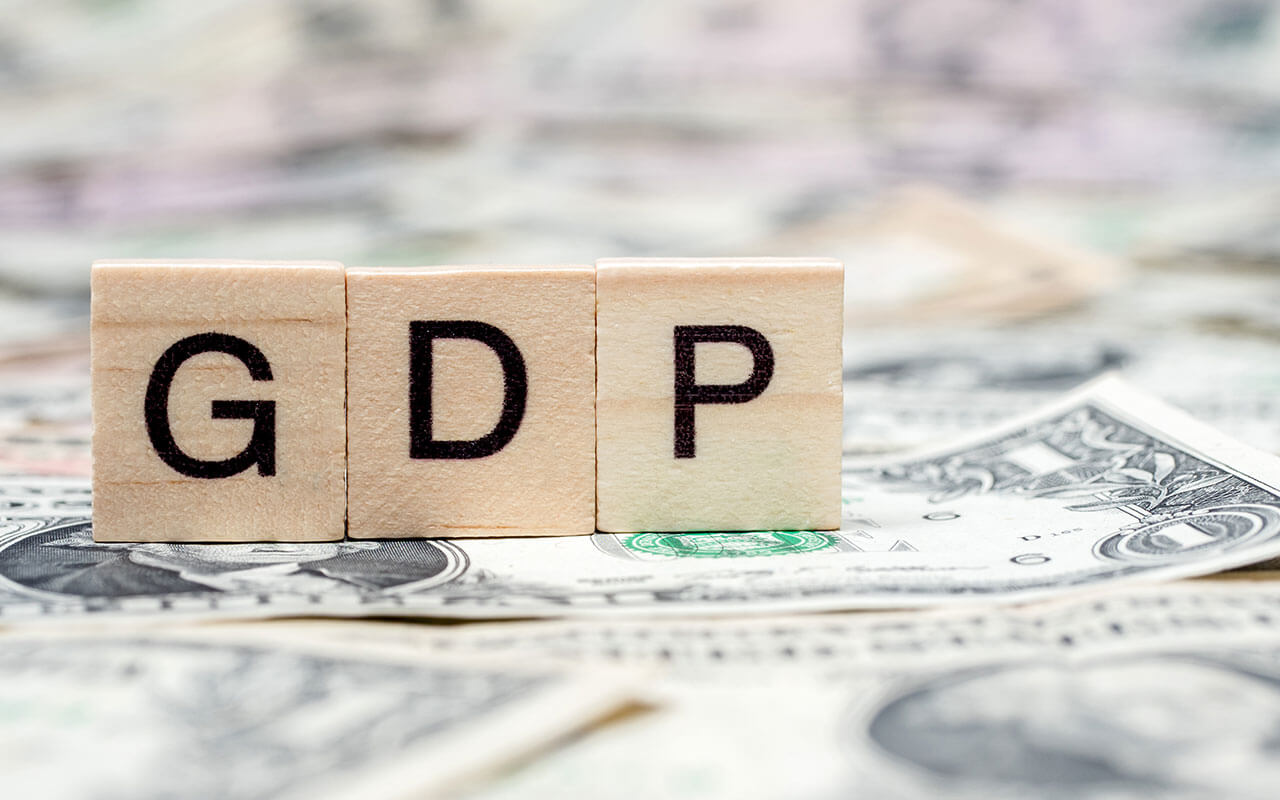
The Brazilian economy is expected to have closed 2021 at a faster pace in November and December, offsetting the weak performance in October. In the year, GDP growth is expected to have reached 4.5%, after the 3.9% drop with the pandemic in 2020.
For this year, expectations still tend to shape in the coming days depending on the evolution and consequences of the war waged by Russia against Ukraine. One reading is that the pattern of last year will be repeated in Brazil: growth concentrated in the first quarter, but with the GDP ending the year much weaker. Another reading, which can take shape, is that the conflict will undermine the drive expected for activity at the beginning of the year.
A survey by Valor with 67 financial and consultancy firms shows a median projection of 0.2% GDP growth in the fourth quarter of 2021, compared to the immediately previous three months, seasonally adjusted. In the second and third quarters, there were drops by 0.4% and 0.1%, respectively.
On the supply side, agriculture is expected to grow 6.1% from October to December 2021, but the sector has seen significant declines in previous quarters, explained by adverse weather events and harvest losses, which will still make the agriculture GDP fall 0.2% in the year, analysts estimate.
Industry even managed to grow in December, but it is unlikely to be enough to prevent a 1.5% contraction in the fourth quarter of 2021, compared to the third quarter, according to estimates. The industry suffered throughout the year with bottlenecks in global production chains. Still, after contracting 3.4% in 2020, it is expected to increase by 4.4% in 2021.
More sustained growth, however, must come from services. While the sector may slow down from a 1.1% rise in the third quarter to a 0.2% rise in the fourth, according to projections, it would end 2021 up 4.6%, after a drop of 4.3% in the previous year. “A good part of this fourth quarter result is supported by services, which should still follow in pace of recovery with vaccination. But for the rest, it’s an very weak picture,” said Marcos Ross, chief economist at Haitong. He sees GDP up 0.3% in the fourth quarter of 2021.
On demand side, in the last three months of 2021, only government consumption (up 0.4% from the third quarter) and imports (1.8%) are seen as not contracting. Gross fixed capital formation (GFCF, a measure of investment) is expected to fall 0.1%, while household consumption is expected to drop 0.1%, and exports to decline 2.7%. In 2021 as a whole, however, investments are expected to rise 16.6% after falling by 0.5% in 2020, while household consumption is expected to rise 3.4%, only partially recovering the 5.4% loss in the previous year.
Like Mr. Leal, Flávio Serrano, chief economist at Greenbay Investimentos, says that activity indicators in the fourth quarter reinforce the idea of exhaustion of fiscal stimuli that helped to avoid even greater losses in 2020. He sees, however, the possibility of a 0.1% contraction of GDP between October and December 2021, compared to the previous three months.
Depending on the GDP result for the fourth quarter, the change in growth forecast for last year as a whole would just be “a fine adjustment”, says Mr. Ross, with Haitong. “The things is to determine whether the growth was 4.5% or 4.6%. It even looked worse, which would be below 4.5%, but the November and December data show that perhaps it was not. But if you think about a broader discussion, it doesn’t make much difference.”
The end of 2021 is likely to leave a “statistical carryover” of 0.1% for 2022, a number that has already been negative in the economist’s accounts. “It’s a detail for the better, but it shows that there’s a growth problem yet to be solved,” says Mr. Ross. Although the December numbers have “a kind of positive feeling,” this is not a perception likely to be sustained in 2022, according to him.
The consequences of the war may prove to be a problem for Brazil, due to the potential pressure on energy and grain prices. And even though Brazil’s trade relations with Russia and Ukraine are limited, the conflict tends to weaken the pace of the economies of several countries more dependent on trade with the Russians – which would also have a secondary effect on activity in Brazil.
In addition to the potential damage of the war, 2022 had already begun under the effect of the triggering of contaminations by the omicron variant. But José Pena, chief economist of Porto Seguro Investimentos, believes that although January may have lost a little steam because of the pandemic outbreak, it was not to the point of having compromised the activity. Mr. Pena projects a GDP close to stability in the period and says he is cautious about the rest of the year.
The survey carried by Valor points to a median growth of 0.3% for the 2022 GDP. Mr. Ross projects a 0.1% rise from January to March, compared to the fourth quarter of 2021, and sees a contraction of 0.4% in the Brazilian activity this year. The effects of the monetary tightening throughout 2021 will be more evident in activity in 2022 and are expected to be boosted by high indebtedness and lower credit supply, points out Mr. Serrano, with Greenbay, who also foresees a 0.5% drop in GDP in this year.
Mr. Leal projects a 0.3% increase in GDP in the first quarter of this year, with seasonal adjustment. The same variation is estimated for the activity in 2022. But he recalls that projections for this year still do not consider possible effects of the war between Russia and Ukraine. It is still uncertain, for example, how long agricultural commodities and oil prices can stay higher, which affects global and domestic inflation. This scenario, accompanied by a devalued exchange rate due to risk aversion, can lead to a higher interest rate than expected for the year, he notes, which would further restrict activity.
Mr. Leal says he believes the peak impact of the current monetary tightening cycle on the economy is likely to happen between the second and third quarters of this year. “The question mark is the repercussion of this for the 2023 economy.”
Source: Valor International


